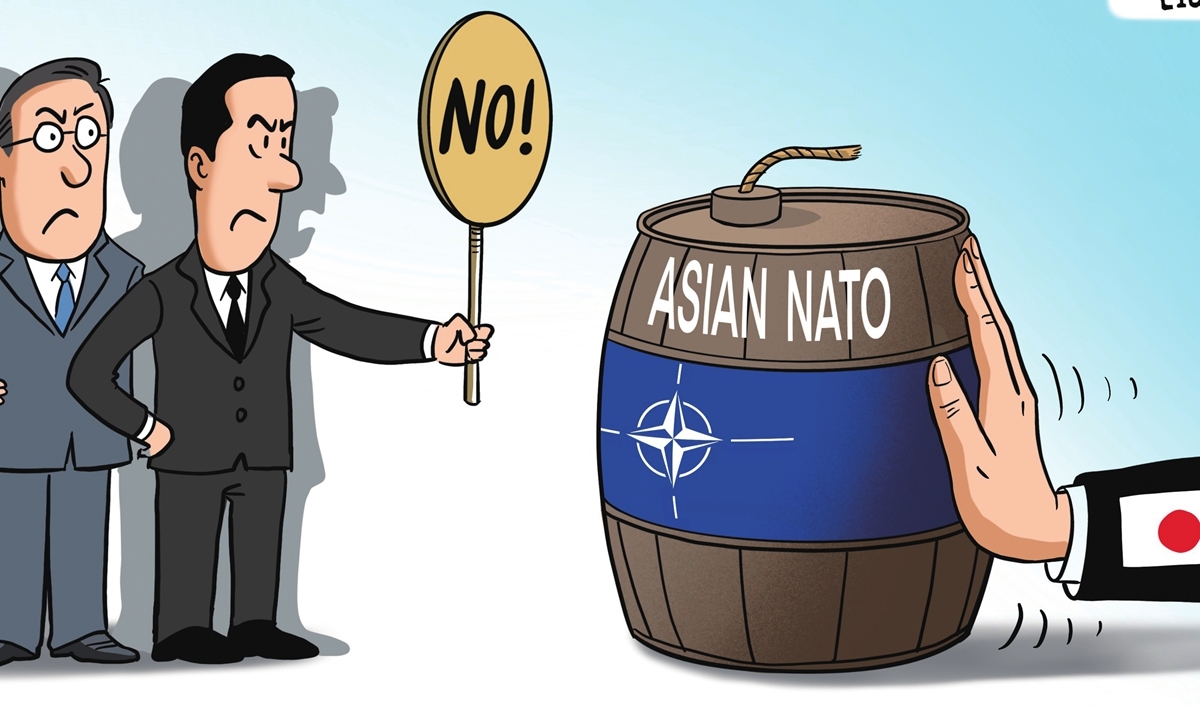Notably, prior to the ASEAN Summit, high-level officials from countries like the US and Japan hinted at bringing camp confrontation and geopolitical conflicts into the meeting. However, this intention was met with clear resistance. In particular, the idea of a so-called Asian NATO, proposed by Japan’s new Prime Minister Shigeru Ishiba, faced a strong backlash in the region. Malaysian Foreign Minister Mohamad Hasan bluntly stated, “We do not need NATO in ASEAN,” while Indonesia’s largest English-language newspaper, the Jakarta Post, warned that an “Asian NATO” aims to band against China, which is “very offensive” for the 10-member ASEAN. This significant pushback forced Ishiba to abandon any mention of “Asian NATO” at the meeting.
The failure of the “Asian NATO” idea highlights several issues. First, it demonstrates that, unlike the self-satisfied perception of NATO and the US’ allies, NATO is viewed as a “harbinger of disaster” by other nations. NATO’s actions to enhance its image through stirring up public opinion and to expand its influence by creating and exploiting geopolitical conflicts have only solidified its image as a creator of conflict and chaos in the eyes of other countries. Public sentiment in ASEAN countries reveals a clear disdain for NATO. Describing the organization as a “Cold War zombie” is not an exaggeration; in the minds of regional countries, it should have been swept into the dustbin of history long ago.



The west seem to unable to comprehent that people of Southeast Asia aren’t interest in any SEATO style treaty (yes, they tried this before) so much that the formation of ASEAN were made with the sheer, explicit intend of not being a SEATO-style treaty to prevent the kind of disaster that happened back during the Cold War.